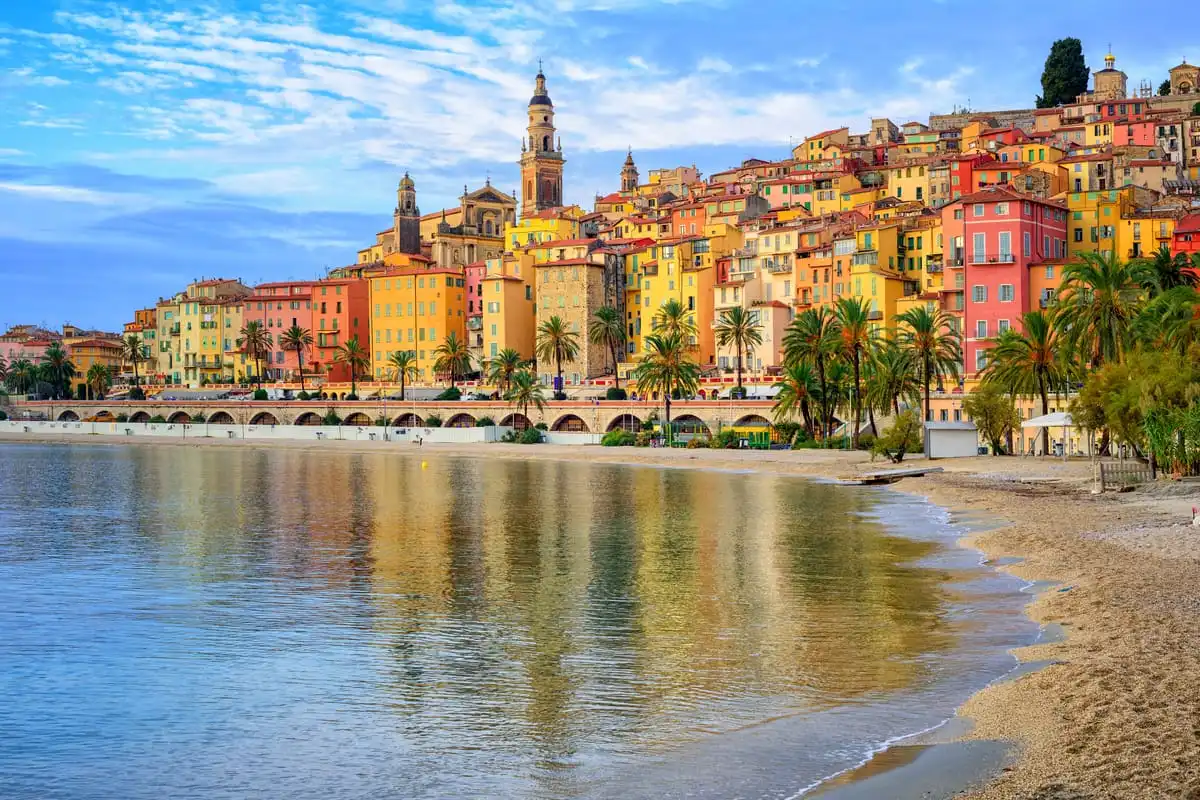Die-hard travelers will eventually find their way to France for the amazing cuisine, stunning countryside and vibrant cities full of history and culture. The things most tourists love about France have also made it a popular destination for expats from all over the world, including the US. There are approximately 7 million expats living in France with about 250,000 of them originating from the US.
If you’ve always dreamed of living in France, you’re not alone. France offers an excellent standard of living as well as fabulous educational and employment opportunities. However, if you are a US citizen wanting to try the good life in one of the world’s most loved destinations, there are a few things you need to consider before selling up in the US and moving to France.
Taxes & Residency
If you intend on living in Paris and earning an income, you can expect to become a French taxpayer. Even before you register for the relevant taxation identification, you will also need a carte de séjour. This is a French resident permit that allows foreigners to stay and live in France for 12 months. Depending on the type of employment you seek and the duration of your employment contract, you may also need to apply for the relevant work permit. Make sure you are aware of what you need before you make the move to France.
Also, you should be aware that even if you are no longer living and working in the US, you may still find it necessary to file a tax return in the US to declare your foreign income as well as the details of any foreign bank accounts held in your name.
Accessing the French Healthcare System
Moving to France offers the benefit of accessing one of the world’s most acclaimed healthcare systems. Expatriates must register with the French social security system to benefit from healthcare services, which involves obtaining a social security number and a health insurance card known as “Carte Vitale.” It’s crucial to understand the co-payment system and the role of supplementary health insurance (“mutuelle”) in covering the portion not reimbursed by the state. Familiarizing yourself with the local healthcare providers, pharmacies, and emergency services in your area is also essential. Additionally, navigating the healthcare system may require a basic understanding of French, highlighting the importance of language skills for expatriates.
Finding an Apartment

France is a wonderful country to live in and you may find it a challenge to find that one sweet place to call home. Apart from the capital, Paris, there are many other cities in towns that you can choose to call home. Ideally, you should come to France for a vacation first and do a little exploring to find your happy place, but if this is not possible, you may need to try a few short-term accommodation options before settling down in a location that is a little more permanent. An online platform that allows you to narrow down your requirements with the right filters will help you find your ideal apartment sooner, rather than later.
Cultural Integration and Adaptation
Adapting to the rich and diverse French culture is an exhilarating aspect of moving to France. Cultural integration involves more than learning the language; it’s about embracing the local customs, cuisine, and lifestyle. Participating in local festivals, understanding dining etiquette, and respecting the value of leisure and family time in French society can greatly enhance your expatriate experience. Building a social network through local clubs, expat communities, and social events can provide invaluable support and deepen your understanding of French culture. Remember, cultural adaptation is a gradual process that requires openness, patience, and a willingness to learn from the everyday experiences of living in France.
Essential Services

Some of the other things you will need to apply for once you make the move to France are some of the essential services. The first one you will need to look into is opening a bank account with a French bank. You will need a bank account to receive your wages, pay your bills and receive transferred funds from accounts you may still hold in the US.
You will also need to apply for utilities such as electricity, water, internet and a phone plan. While this may be a lot to take in, you don’t necessarily have to get all of these things sorted out in a single day and many of them can be done online.
Navigating Legal and Administrative Formalities
Relocating to France involves a complex web of legal and administrative procedures that can seem daunting at first. Beyond securing a carte de séjour and work permit, expatriates must familiarize themselves with a range of registrations and formalities upon arrival. This includes declaring your residence at the local town hall, understanding your rights and obligations under French law, and navigating the intricacies of the French bureaucratic system. It’s advisable to compile a dossier of essential documents translated into French, such as birth certificates, marriage certificates, and academic qualifications. Seeking assistance from local expat services or legal professionals can also ease the transition, ensuring compliance with French regulations and smoothing your path to settling in.

Finding a Job
The best way to ensure you have a job waiting for you once you move to France is if you have the opportunity to transfer with your existing company. If this is not an option for you, why not try working remotely? This type of work offers you a flexible schedule so you can enjoy more of the sights, sounds and flavors of France. If you do need a find a job in France, make sure you brush up on your French language skills.
Moving to a neighboring suburb is challenging enough so you can expect a few additional obstacles along the way when you move to France. However, don’t let that stop you from living your dream. The process of settling into your new life will be over and done within a few short weeks and then you can get down to the serious business of becoming an honorary French resident.




